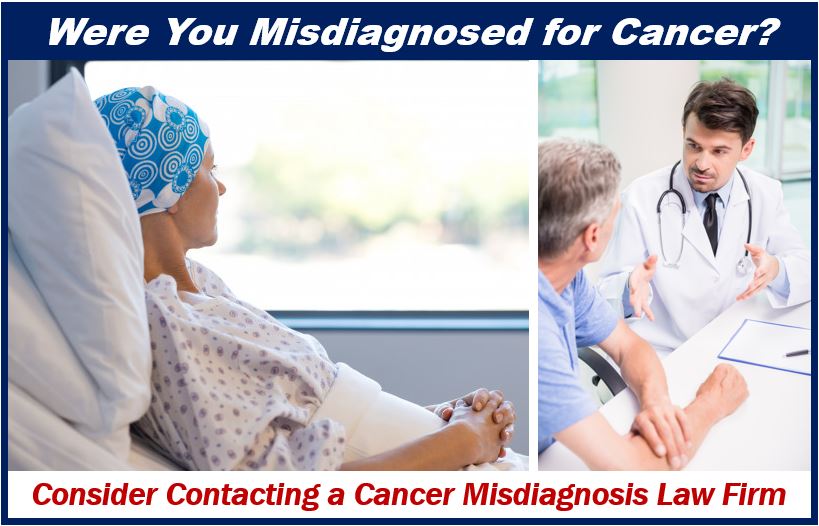Diagnosing cancer is no easy task. It takes a lot of time, energy, and resources to identify the disease in its early stages and determine its type. One misdiagnosis can have devastating consequences on a person’s life – sometimes even leading to death.
If you’ve been misdiagnosed, you can always contact a cancer misdiagnosis law firm. In this post, we will discuss some tips for preventing a misdiagnosis from happening to you or someone you love.

-
Ask As Many Questions As You Can
The first step in avoiding a cancer misdiagnosis is to ask questions. If you are experiencing any symptoms, the sooner you get them checked out (either by your physician or through medical tests), the better off everyone will be. That way, you’ll save time and money for unnecessary treatments that could have been avoided if they were found earlier.
Don’t hesitate to call up your doctor about what seems like an unusual symptom, even if it isn’t one of their regular appointment days. After all, they’re there specifically for situations just like yours.
-
Tell Your Doctor About Your Family History
It’s crucial to know whether your family has a history of cancer and, if so, what types. The more information you can give the doctor about your entire medical history, including any cancers that may have affected members in other generations, the better it is for everyone involved – especially when reviewing test results or interpreting new symptoms.
-
Don’t Trust Too Much In Technology
There are many types of cancers, and each one has its own set of symptoms. For this reason, you should not assume that technology will save you from a cancer misdiagnosis simply because it did for somebody else in the past.
Technology may help detect some forms of cancer earlier than they would have been seen. But there is no guarantee that it will work for any other form or type of cancer.
If you suspect something about your health isn’t right, don’t delay an appointment with your doctor until the next day. Go as soon as possible so they can properly diagnose what’s wrong before it becomes worse.
-
Visit More Than One Doctor
If you are faced with a difficult diagnosis, talk to your doctor about getting a second opinion. If you live in an area where there is more than one medical center, ask for the name of another facility close by and call them up.
Sometimes going elsewhere might feel like giving up hope, but this other specialist may offer some different perspective or new direction that could make all the difference.
Talk to your PCP first before seeking out another physician, as sometimes they will recommend treatment options from specialists within their practice.
-
Carry Your Medications
It’s essential to bring in your medications when you visit the doctor to avoid being misdiagnosed. You should make a list of all your medicines, vitamins, and supplements beforehand to prevent you from forgetting anything.
Your medication history is one of the most critical pieces of information about your health. If there are any drug interactions or side effects with other drugs you take, this will be clear from what pharmacy records show up on prescription labels.
-
Note The Symptoms
Write down each cancer symptom you notice, and save the list for your doctor. It might be hard to remember what was happening when you don’t have a written reminder. This is why keeping track can help catch important information that may go unnoticed or could potentially lead to a misdiagnosis if not documented in some way.
Ask yourself things like: Am I losing weight? Do my breasts hurt? Have I had any periods recently (or none)? What color is my stool? Has anything changed about how much fluid comes out with my bowel movements? Is there blood in urine or semen? All these questions can help your doctor make a more accurate diagnosis.
-
Don’t Make Conclusions
The hardest thing for anyone to do is talk about their health, but it may be the most important conversation you have. The more information a doctor has from you, the better they can rule in or out any possible diagnoses. Be as descriptive as possible when describing your symptoms, and don’t jump to conclusions.
The Bottom Line
It is essential to follow these simple tips to avoid cancer misdiagnosis and overtreatment.
Interesting related article: “What is a Lawsuit?“

